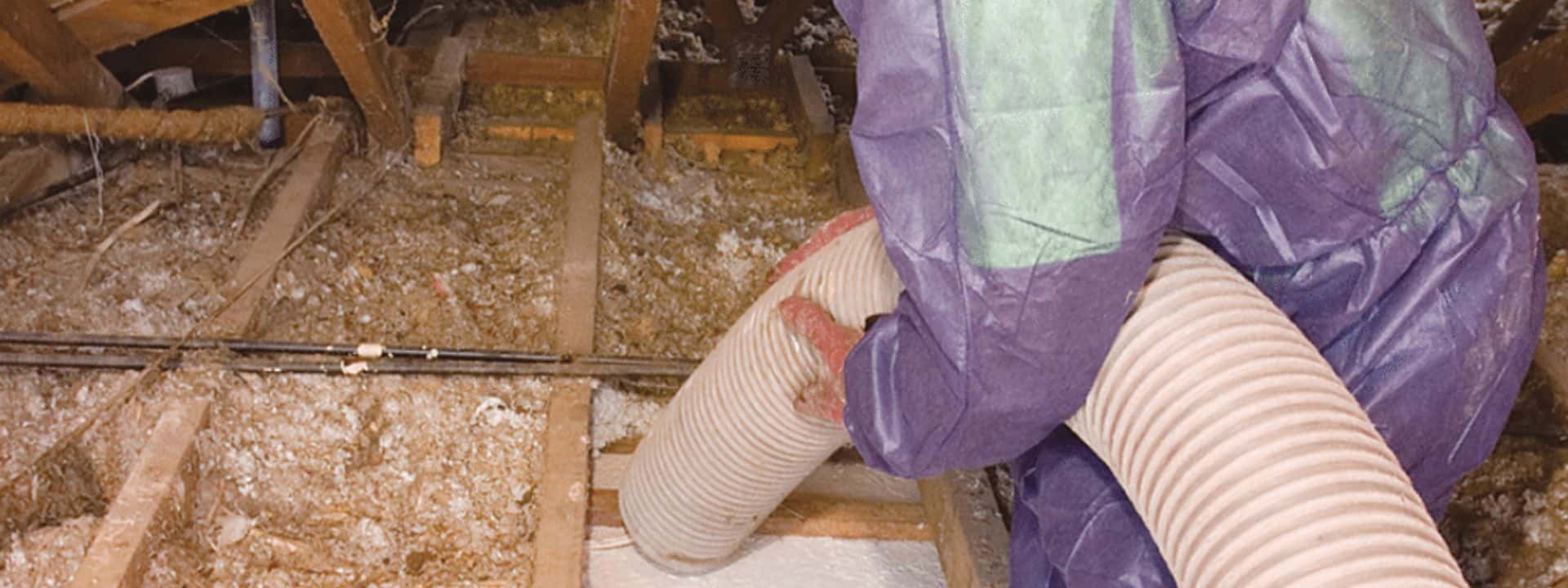Top 10 Questions to Ask your Insulation Installer
When considering insulation installation for your home, it’s crucial to make informed decisions that will affect your comfort, energy efficiency, and long-term savings. Choosing the right insulation installer is a vital step in this process.
To help you navigate this important choice, we’ve compiled the top ten questions to ask your insulation installer. From certification and insurance coverage to product recommendations and installation timelines, these questions will ensure you receive high-quality service and materials tailored to your specific needs.
Equip yourself with the knowledge to make the right choice for your home in and around Canberra and the ACT and enjoy the benefits of enhanced insulation from a trusted professional.
Download our FREE insulation installation guide
continue reading
Related Posts
When we undertake a wall insulation installation the very first step is to plug the wall cavity if the house is built on a suspended timber floor.
When we undertake a wall insulation installation the very first step is to plug the wall cavity if the house is built on a suspended timber floor.
When we undertake a wall insulation installation the very first step is to plug the wall cavity if the house is built on a suspended timber floor.


